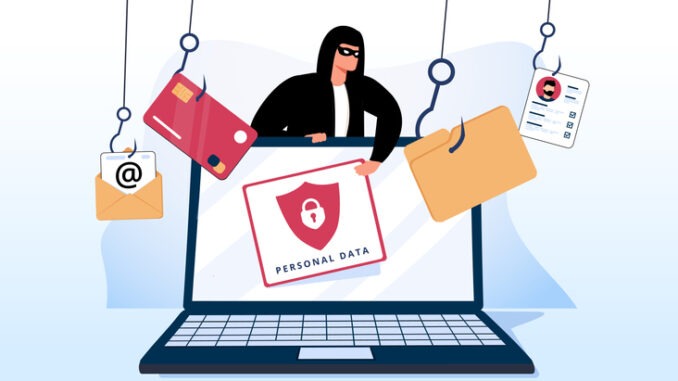
In the dynamic realm of school finances, where scams lurk as potential pitfalls, it has become crucial for school staff to be well-versed in prevalent scams, ensuring they possess the necessary awareness to discern and combat financial threats
CREDIT: This is an edited version of an article that originally appeared on ISBL
It’s crucial for SBLs to effectively educate and safeguard against the rising tide of scams targeting the education sector. In this article, we dive into some common scams and practical tips to better equip your staff
Email compromise scams
Email compromise scams have emerged as a potent threat, with criminals adept at impersonating suppliers or even school staff. These deceptive emails often focus on financial transactions, presenting fake account details related to invoices, one-off payments, or staff salaries.
Top tip: Always scrutinise email requests involving account numbers. To verify, use alternative communication methods such as calling a known number for the supplier or staff member. Never rely solely on the phone number provided in the email.
Scam calls
A phone call can be a gateway for scammers seeking to infiltrate school finances. Impersonating bank staff, these scammers claim transactions require verification due to security concerns. They may instruct school staff to visit a specific website, click on a link, or log into online banking, all with the ultimate aim of taking control of the PC and capturing vital online banking passwords.
Top tip: Never log onto your PC or visit a website prompted by an unexpected call. Refrain from disclosing online banking credentials over the phone. If in doubt, hang up immediately and contact your bank directly using a trusted number.
Fake online banking sites
The convenience of internet search engines can inadvertently lead school staff to perilous territories. Fraudsters deploy fake online banking sites, designed to lure users into entering sensitive information, including passwords and secure codes.
Top tip: Safeguard against accidental navigation to fake sites by manually typing the correct URL for your online banking service into the address bar. If unsure, access the URL through your bank’s main website homepage.
By promoting awareness and providing targeted training initiatives, SBLs can cultivate a shared understanding of prevalent scams and equip their staff with practical skills to bolster the financial defences of their schools.



Be the first to comment